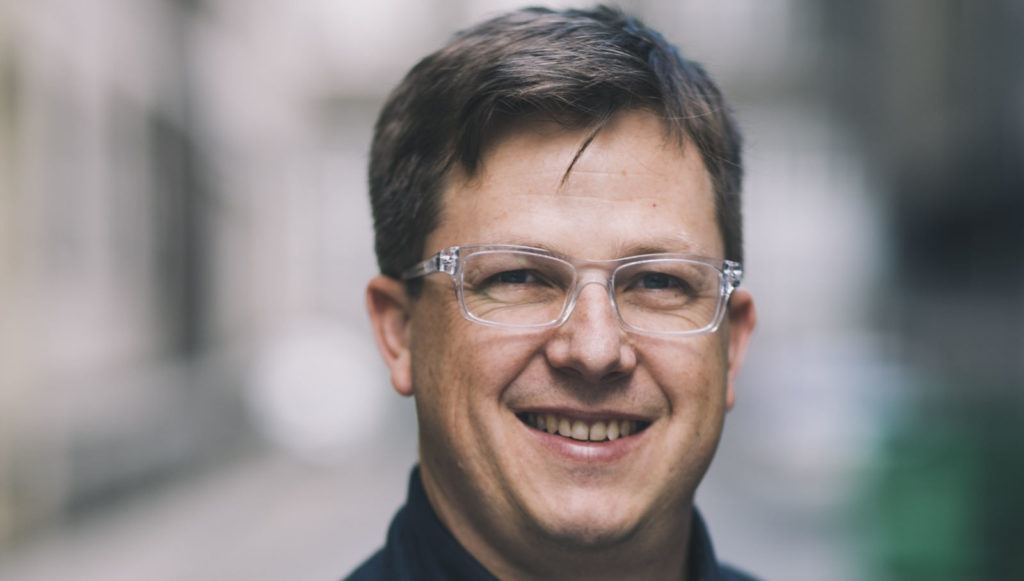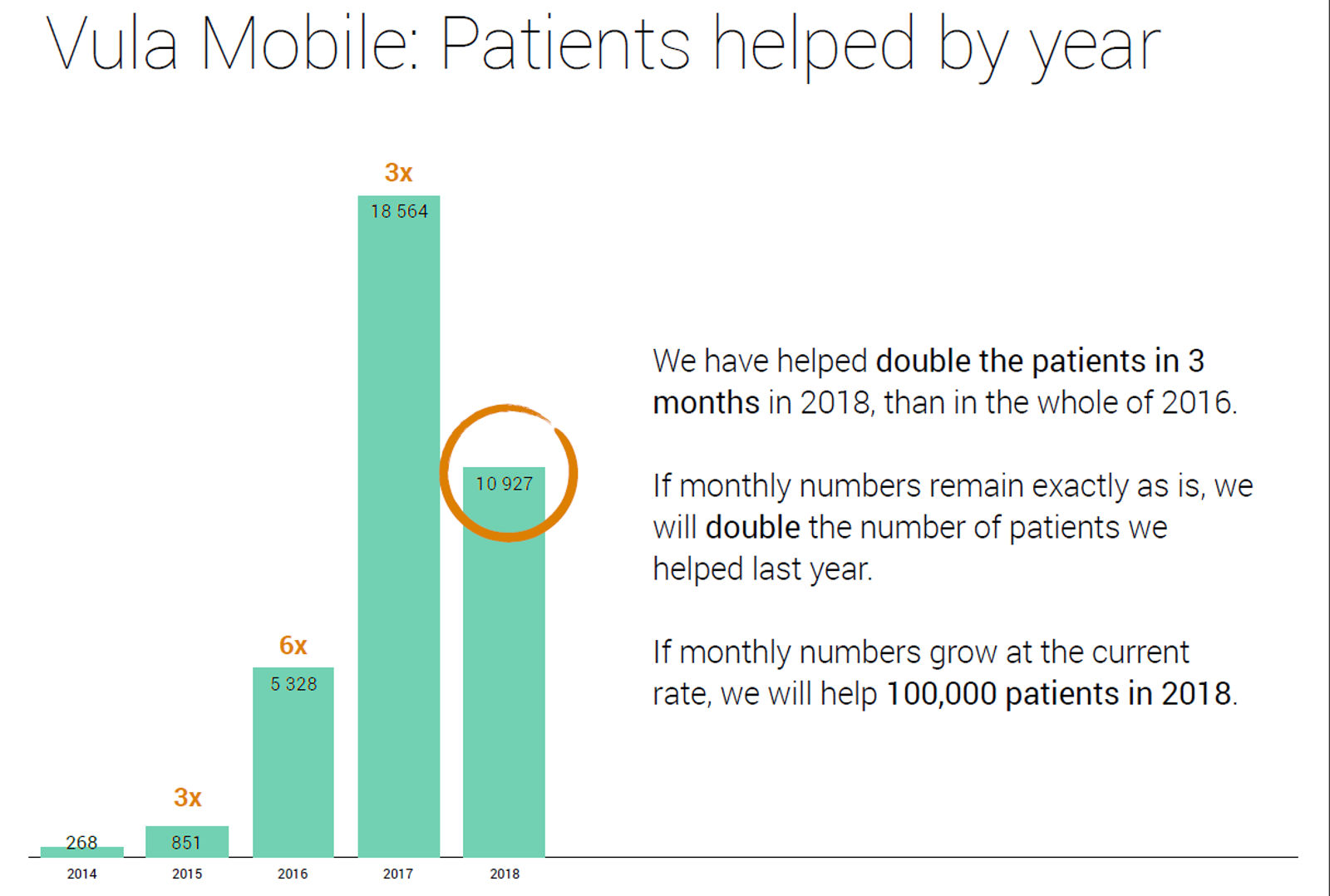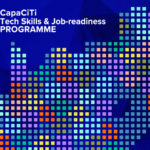AI chat is no longer just about faster answers or conversational tone. Search.com, a division of Public Good, has launched a generative AI search…
Vula Mobile’s new revenue model, plans to raise $500 000, help 100k patients

Medical referral startup Vula Mobile is working on the development of a new partnership-based commercial revenue model, with plans to raise $500 000 and assist a minimum of 100 000 patients this year, says the startup’s founder Dr William Mapham.
Mapham (pictured above), who is currently in Switzerland attending the Geneva Health Forum which ends today, told Ventureburn of the startup’s plans in an email yesterday (11 April).
Vula enables health workers – particularly in remote areas – to get patients quick and specialist referrals in opthalmology, cardiology and orthopedics.
Vula Mobile currently has 897 specialists on its platform
“We developed a commercial partnership model and are actively looking for companies in the private sector who would like to work with us,” Mapham, said adding that the startup aims to make a difference in healthcare in a “commercially viable manner”.
The model, he explained, is aimed at companies that want to be affiliated with Vula’s work to improve health systems, get exposure and provide value added services to health workers, as well as to companies interested in health research data.
Although the platform is currently available for free to public sector health workers, Mapham said he “would love to work more commercially” with the Department of Health.
Looking to raise $500 000
He is also looking to raise more capital for the startup, to allow the platform to expand both locally and internationally.
“We would like to raise $500,000 whether that comes as a grant, through revenue, or equity, we will see. If equity, then it would be negotiable depending on the type of investor,” he said.
The healthtech company earlier this week announced that it had raised R1-million in a seed round, after partnering with Cape Town-based investment and advisory firm HAVAÍC.
Read more: Healthtech startup Vula Mobile raises R1m in seed round after partnering with HAVAÍC
It follows the conclusion of a deal last month whereby health-care workers who also use the startup’s app can take a share of the startup.
Read more: 7 South African healthtech startups to watch in 2018 [Digital All Stars]
Commenting on the investment, Mapham said the company offered up 10% of equity in exchange for the funding.
“We needed working capital. Preparation started in July 2017, it was launched late in 2017 and you can see the result in the growth in use as a result,” he said.
In the year to date, the startup has already been able to double the total number of patients that it assisted in the entire 2016 (see table below).
Mapham says he hopes that Vula — which currently has 897 specialists on its platform — will reach at least 100 000 patients in the course of the year.
Patients helped over the last four years (Supplied)
Since it was founded in 2014, the multi-award winning startup has relied mainly on prize money for funding.
Over the years Vula has won a total of R4-million from several international and local awards, including the Platinum Impumelelo Social Innovation Awards, Sustainable Entrepreneurship Awards, and Africa Entrepreneurship Awards.
In addition, the company — with a team that includes product manager Debre Barret and sales and marketing manager Will Green — has raised R450 000 from angel investors.
Some of the company’s biggest investors include Dean Noik, Jonathan Racusson and Christine Downton.
‘Improved services immensely’
Vula currently operates in six provinces around the country, including the Western Cape where the app has been in use at Tygerberg Hospital’s Division of Orthopaedics in Cape Town since 2016.
In a letter to the startup in 2016, Dr Jacques du Toit — head of division Orthopaedic Surgery, at Tygerberg Hospital University of Stellenbosch — describes Vula as an “extremely important and effective medium that has improved our services immensely”.
In another letter last year, Stellenbosch University head division of dermatology Dr Willem Visser said Vula was “now an irreplaceable part of our daily practise, and we are currently consulting more than 120 cases per month though this app-platform. The amount is increasing by the day”.
Featured image: Vula Mobile founder Dr William Mapham (Supplied)



